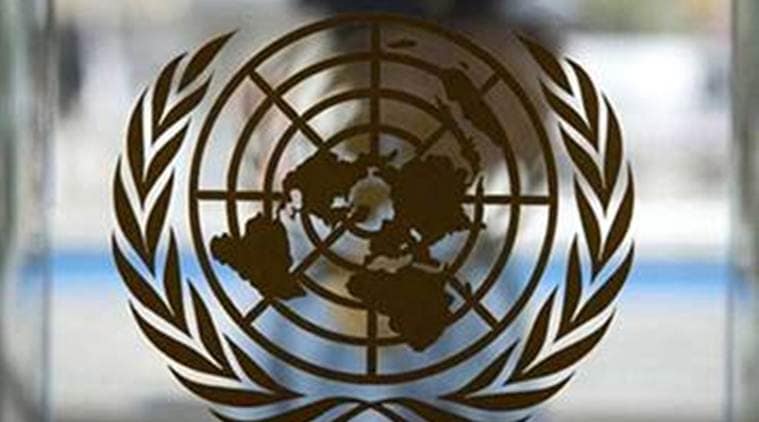Political incitement to violence against journalists ‘toxic’: UN experts
They particularly highlighted the killing earlier this month of Saudi dissident journalist Jamal Khashoggi, and condemned the response of UN member states, the international community and the United Nations itself, for the failure to address his enforced disappearance and apparent murder.

Experts urged nations to take firm steps to ensure accountability for violence and attacks against journalists. (File Photo)
Political incitement to violence against journalists is ‘toxic’, a group of independent, UN-appointed human rights experts have said as they called on nations to take firm steps to ensure accountability for attacks against scribes.
They particularly highlighted the killing earlier this month of Saudi dissident journalist Jamal Khashoggi, and condemned the response of UN member states, the international community and the United Nations itself, for the failure to address his enforced disappearance and apparent murder.
Khashoggi was last seen entering the Saudi consulate in Istanbul, Turkey. The Saudis, under intense pressure to explain Khashoggi’s whereabouts, have offered conflicting accounts.
They initially said he had left the consulate on October 2, but later admitted that he had been killed in a fight.
“The only way forward is to establish an independent, transparent and credible investigation into his murder, one authorised by and reporting to the United Nations. Anything short of a complete investigation, recognised as such by the international community, will make a mockery of government claims of commitment to the safety of journalists,” they said.
Ahead of the International Day to End Impunity for Crimes Against Journalists, marked on November 2, the experts said in a statement that “these last weeks have demonstrated once again the toxic nature and outsized reach of political incitement against journalists, and we demand that it stop.”
The experts include David Kaye, Special Rapporteur on the promotion and protection of the right to freedom of opinion and expression, Agnes Callamard, Special Rapporteur on extrajudicial, summary or arbitrary executions; and Bernard Duhaime, Chair of the Working Group on Enforced or Involuntary Disappearances.
They strongly urged nations to take firm steps to ensure accountability for violence and attacks against journalists, reversing and resisting the appalling trend of impunity.
The UN Educational, Scientific and Cultural Organization (UNESCO) says that, between 2006 and 2017, over 1,000 journalists were killed for reporting the news and bringing information to the public; an average of one death every four days.
In nine out of ten cases the killers go unpunished, and this impunity, say the UN experts, triggers further violence and attacks: perpetrators must be brought to justice, and victims and families should have access to remedies.
High-level international commitments already exist, such as a resolution on the safety of journalists, adopted by the Human Rights Council in September. The UN experts called on world leaders to implement such resolutions and end their role in inciting hatred and violence against the media.
On this year’s International Day to End Impunity for Crimes against Journalists, the UNESCO is launching a new campaign, ‘Truth Never Dies’, to raise awareness of this situation, and is calling for media partners to support the initiative by publishing stories by, and about, journalists killed as a result of their work.






































No hay comentarios:
Publicar un comentario